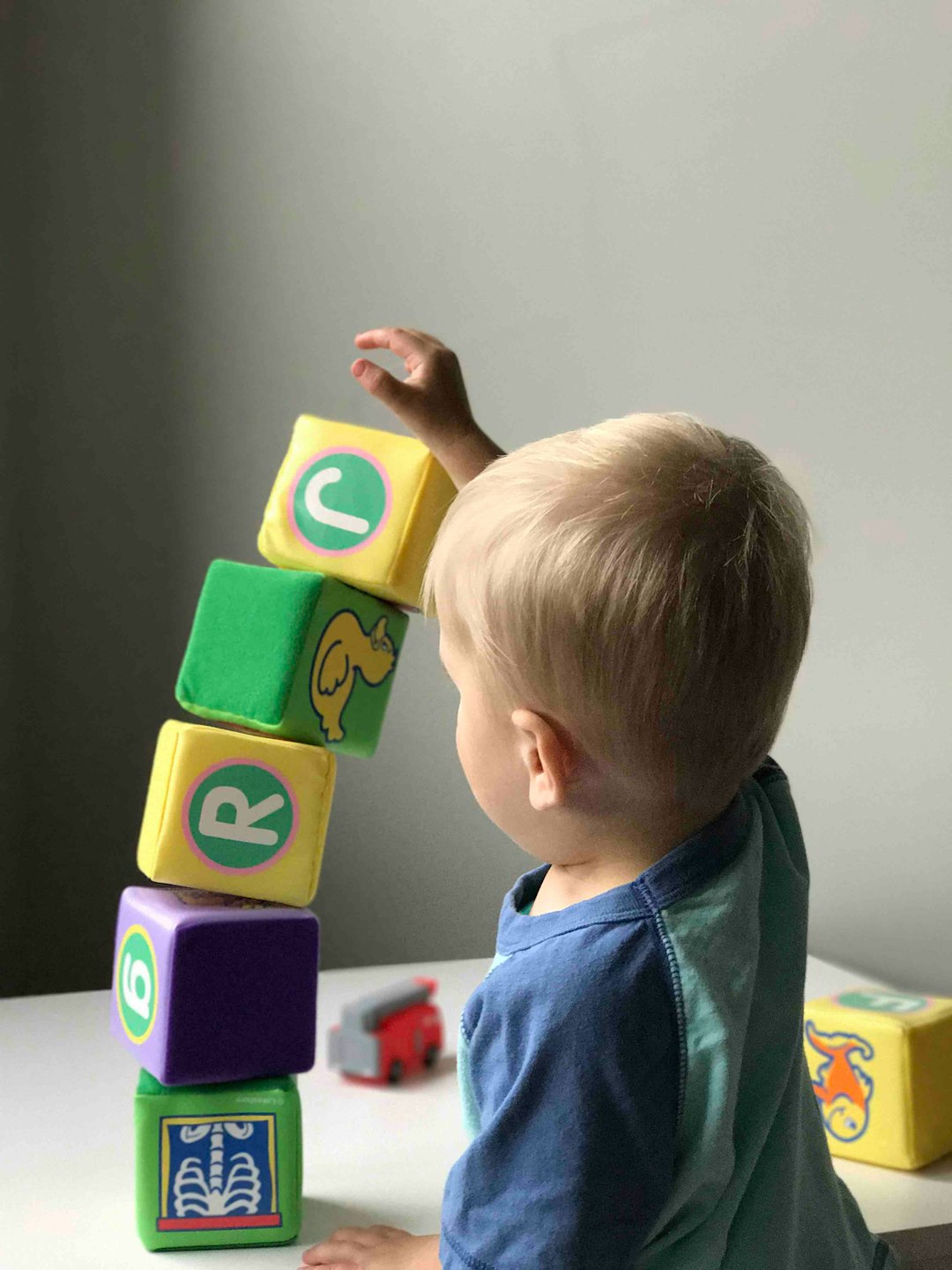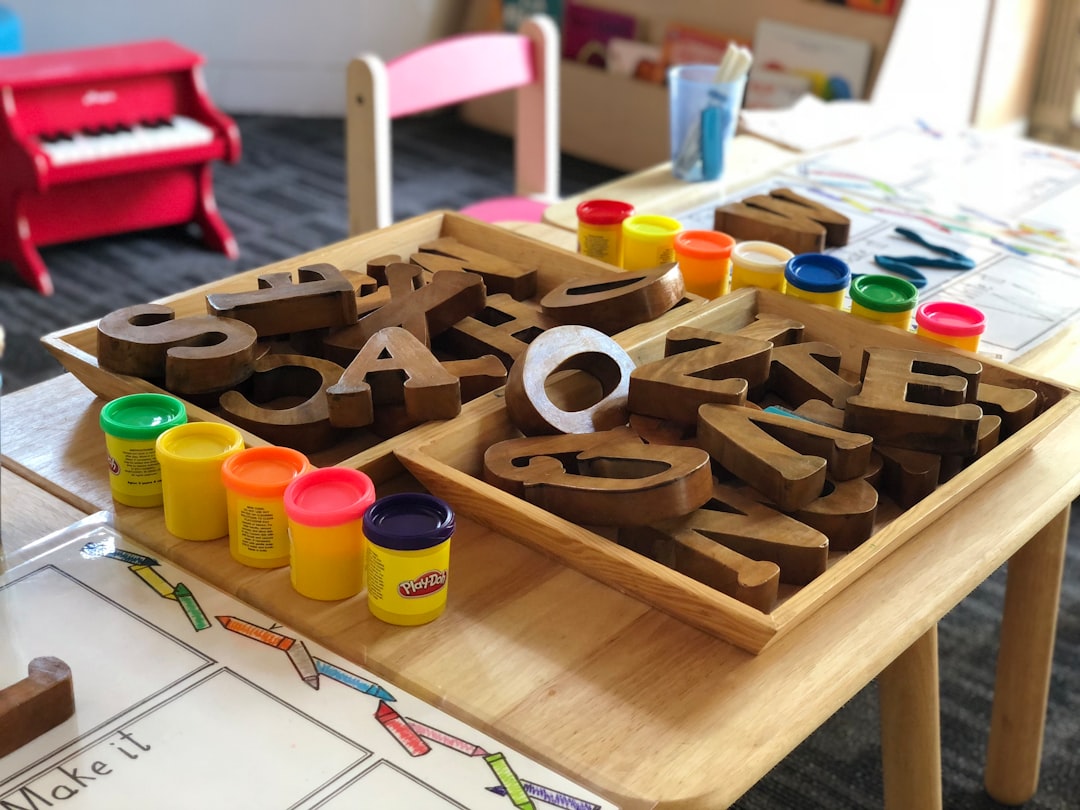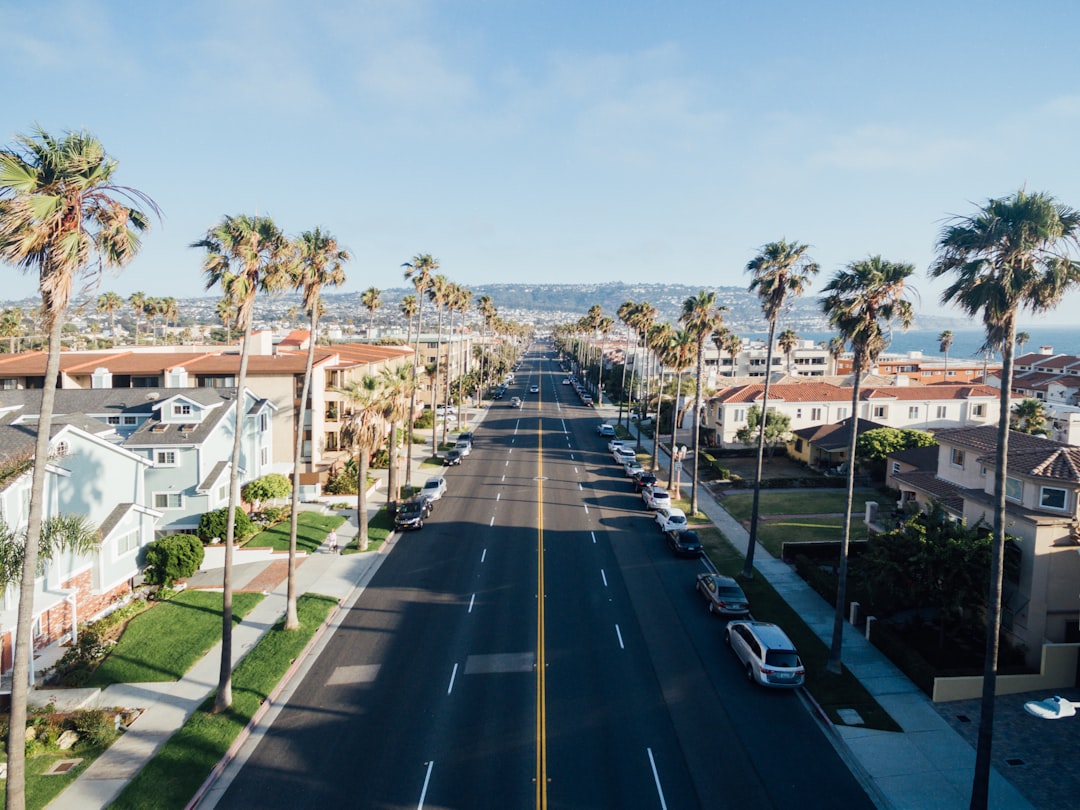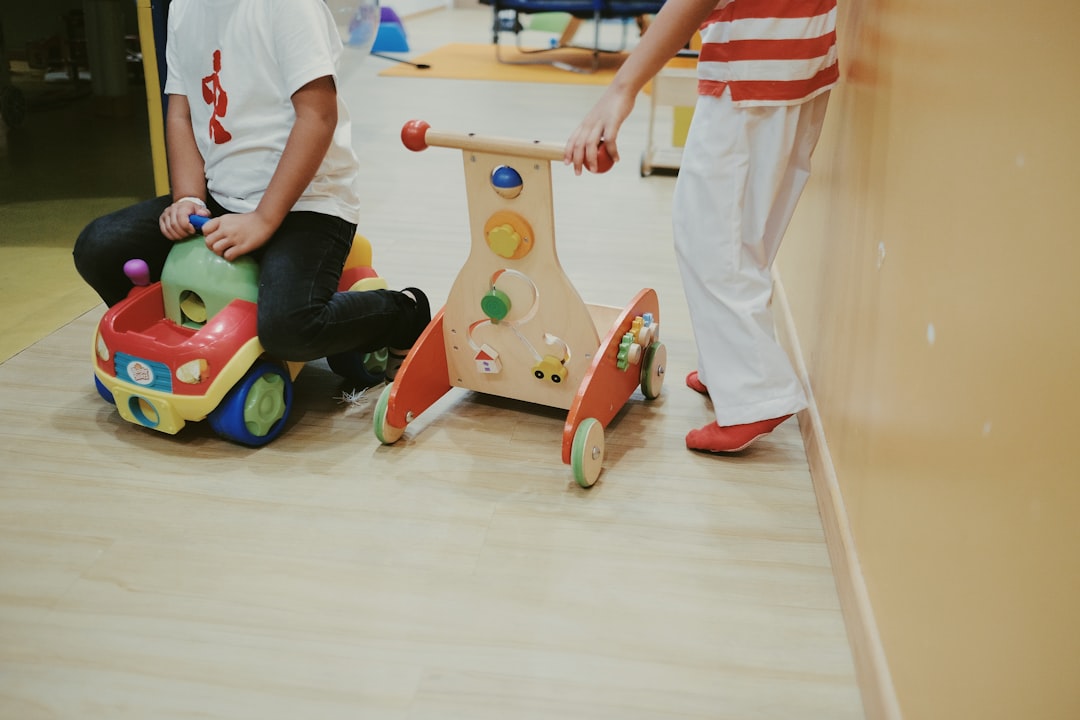Community support groups in Riverside and surrounding areas provide safe spaces and emotional backing for day care abuse survivors, breaking isolation and fostering healing. Local initiatives collaborate with sex abuse law firms in California to bolster legal processes, advocate for stricter regulations, and offer tailored legal representation. These partnerships drive systemic change, empower survivors to come forward, and promote transparency & justice through comprehensive support and accountability.
“In Riverside, supporting survivors of daycare sex abuse requires a robust community network. This article explores how collective action can heal deep wounds. We delve into the impact of community support, examining its role in empowering victims and fostering recovery. Furthermore, we analyze Riverside’s current assistance framework, identifying both resources and gaps.
Additionally, we discuss the pivotal role of legal aid and community collaboration in advocating for change, especially within California’s context, aiming to improve protections for vulnerable children.”
The Impact of Community Support on Daycare Abuse Survivors
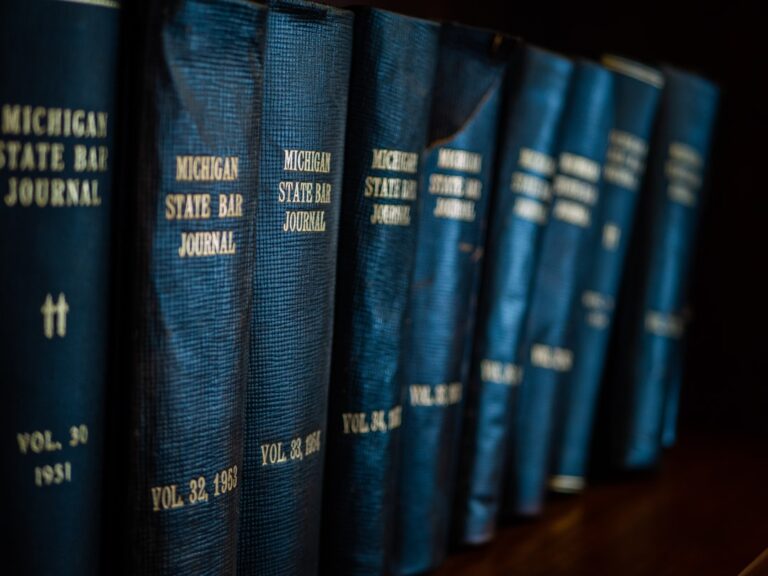
Community support plays a pivotal role in empowering and healing survivors of daycare abuse, especially in areas like Riverside where such incidents have occurred. The impact of this collective effort is profound, providing victims with much-needed emotional, social, and practical assistance during their journey towards recovery. Local support groups, for instance, offer a safe space for survivors to share their experiences, fostering a sense of belonging and understanding. This can be instrumental in breaking the cycle of isolation often experienced by abuse survivors.
Moreover, community initiatives can enhance legal processes for victims seeking justice through sex abuse law firms in California. By raising awareness about daycare abuse, local organizations can lobby for stricter regulations and better oversight, ensuring that such incidents are prevented in the future. This holistic approach, combining emotional support, legal advocacy, and community education, creates a network of care around survivors, empowering them to rebuild their lives with dignity and safety.
Riverside's Network of Assistance for Victims: Existing Resources and Gaps

Riverside, like many cities in California, boasts a network of assistance for victims of various crimes, including sex abuse. This network includes non-profit organizations, government agencies, and community groups dedicated to providing support, resources, and legal aid. However, despite these efforts, gaps remain in the system. Many survivors face challenges in accessing immediate help, long-term care, and advocacy due to a variety of factors: lack of awareness about available services, fear of stigma or judgment, language barriers, and financial constraints.
Sex abuse law firms in California play a crucial role in filling these gaps by offering legal representation tailored to the needs of survivors. They provide expertise in navigating complex legal systems, ensuring that victims’ rights are protected and that they receive fair compensation. Moreover, these firms often collaborate with local community organizations to enhance the overall support system for daycare abuse victims, fostering a more comprehensive and effective response to such heinous crimes.
Advocating for Change: Legal Aid and Community Collaboration in California

In California, where sex abuse law firms are numerous and dedicated, community efforts to support victims of daycare abuse have been met with collaborative legal aid initiatives. These partnerships between legal professionals, community organizations, and concerned citizens aim to advocate for change in prevention and response strategies. By joining forces, these groups can ensure that not only individual cases are pursued but also systemic issues are addressed.
Legal aid societies play a pivotal role in providing pro bono services to vulnerable populations, including daycare abuse victims. Through community collaboration, resources are pooled, knowledge is shared, and awareness campaigns are launched to educate the public about signs of abuse and available support systems. This collective action empowers survivors to come forward and holds institutions accountable, fostering a culture where silence is broken and justice prevails.


